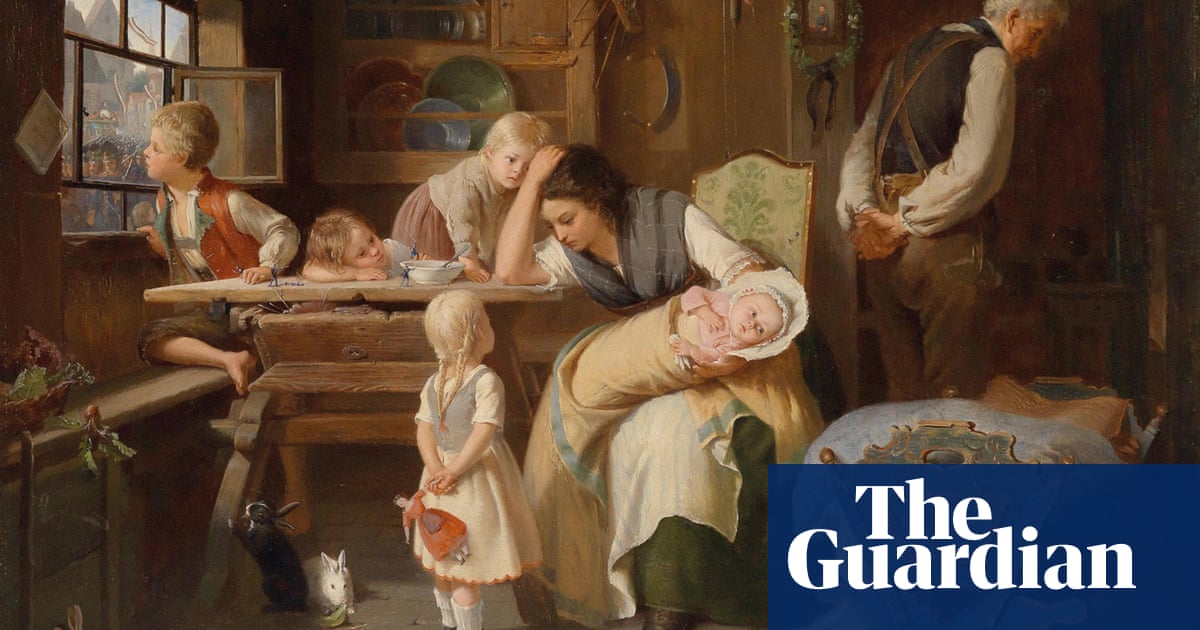I have two children, aged eight and four. I love them both and we live in a mostly happy family with their dad, my partner.
We had our children in our early 30s, without really thinking about it or talking it through. I have struggled to find peace with my role as a parent and, though I love my kids, I am increasingly envious of my single friends.
School holidays and weekends feel like an endless burden. When Monday comes around I’m relieved and re-energised as I’m at work and away from the kids. I feel guilty about this but, if I’m honest, I’d say I don’t enjoy having small children. I hate role playing, hide and seek, etc, and I leave all of that to my partner. I dread being left alone with the kids as I feel I can’t meet their constant demands and expectations of me. I find myself giving them more junk food and screen time than I know is healthy, just so that I can be alone in my room.
How can I accept my life as a parent when deep down I regret having kids? Do you have any advice on how to accept my predicament?
Eleanor says: People think becoming a parent automatically transforms you into someone who enjoys parenting. I don’t know why we believe that. Some people see their child and feel a bolt from the heavens but some people just don’t. Some people take months or years to bond with their children; some people don’t like being pregnant; and some people, clear-eyed, don’t think they’d make the same choice again. I don’t know why we’d insist or expect that parenthood – alone among human experiences – feels the same for everyone. It’s quite possible that many, many people feel the way you do and we just don’t have the resources to talk about it.
One way to accept life as a parent might be to see parenthood as a rapidly changing condition.
Early into being a mother, one of my best friends confided: I’m spending all this time doing kids activities, I play with blocks, I watch Play School, but I’m not a kid. So this is boring to me – I’m bored. But the blocks only lasted so long, as will your kids’ hide and seek. Then they read books and like some of the music you like and make jokes and bend rules. That can be a lot more interesting to spend time with than bright colours and loud noises. Then they have changing personalities and moral conundrums and thoughts you can talk about as an adult – and then a few years later they’re gone from your home.
That’s not to say, “You’ll enjoy what’s to come, you have to.” But it is to say things change so rapidly that your feelings about this period right now aren’t necessarily a guide to how you’ll feel about the next ones. Just as parenthood isn’t the same for all people, it isn’t the same across one life.
One word of caution: the unvoiceability of parental regret can sometimes mean it gets taken out on the kids. When we don’t have ways to address feelings as they come, they accumulate, and in the emotional hydraulics of it all they can wind up sprayed back at the kids. Not necessarily in a dramatic scene, just by establishing a dynamic where 99% of the time you make sacrifices but 1% of the time you let them know there’s a bill somewhere.
It is very scary for a kid to have indications that their existence made things worse.
It is extremely important that you are able to like your life. It is also extremely important that children not learn that anyone might prefer they didn’t exist. That creates a real imperative to parse these feelings away from them; leaning in to things that make you feel like you, getting assurances from friends or others about parts of parenting they don’t like, whatever you need to do so these feelings have somewhere to go besides back into the family dynamic. “I can handle it alone” is not a great option. We tend to overestimate how successfully we can conceal dark emotional truths from kids by just not saying them out loud.
It might be helpful for both these aims if, instead of asking how you can accept parenthood unto itself, you think, “I’m not enjoying what parenting asks of me right now.”
In the UK and Ireland, Samaritans can be contacted on freephone 116 123, or email jo@samaritans.org or jo@samaritans.ie. In the US, you can call or text the National Suicide Prevention Lifeline on 988, chat on 988lifeline.org, or text HOME to 741741 to connect with a crisis counselor. In Australia, the crisis support service Lifeline is 13 11 14. Other international helplines can be found at befrienders.org










